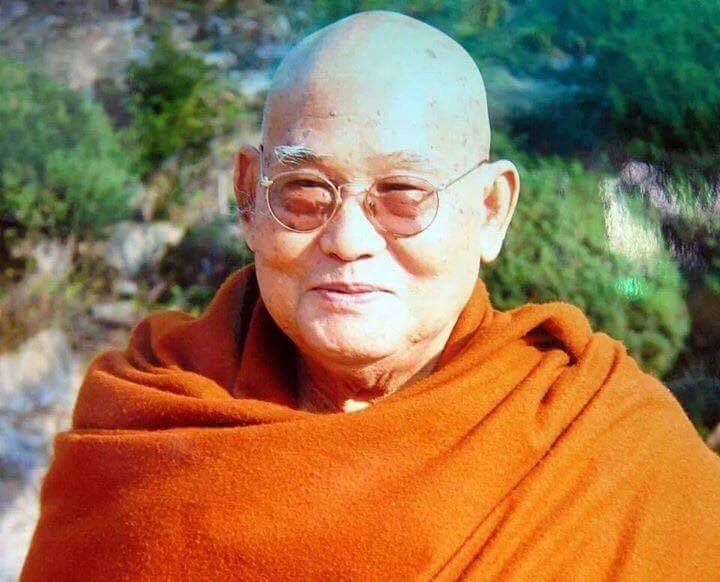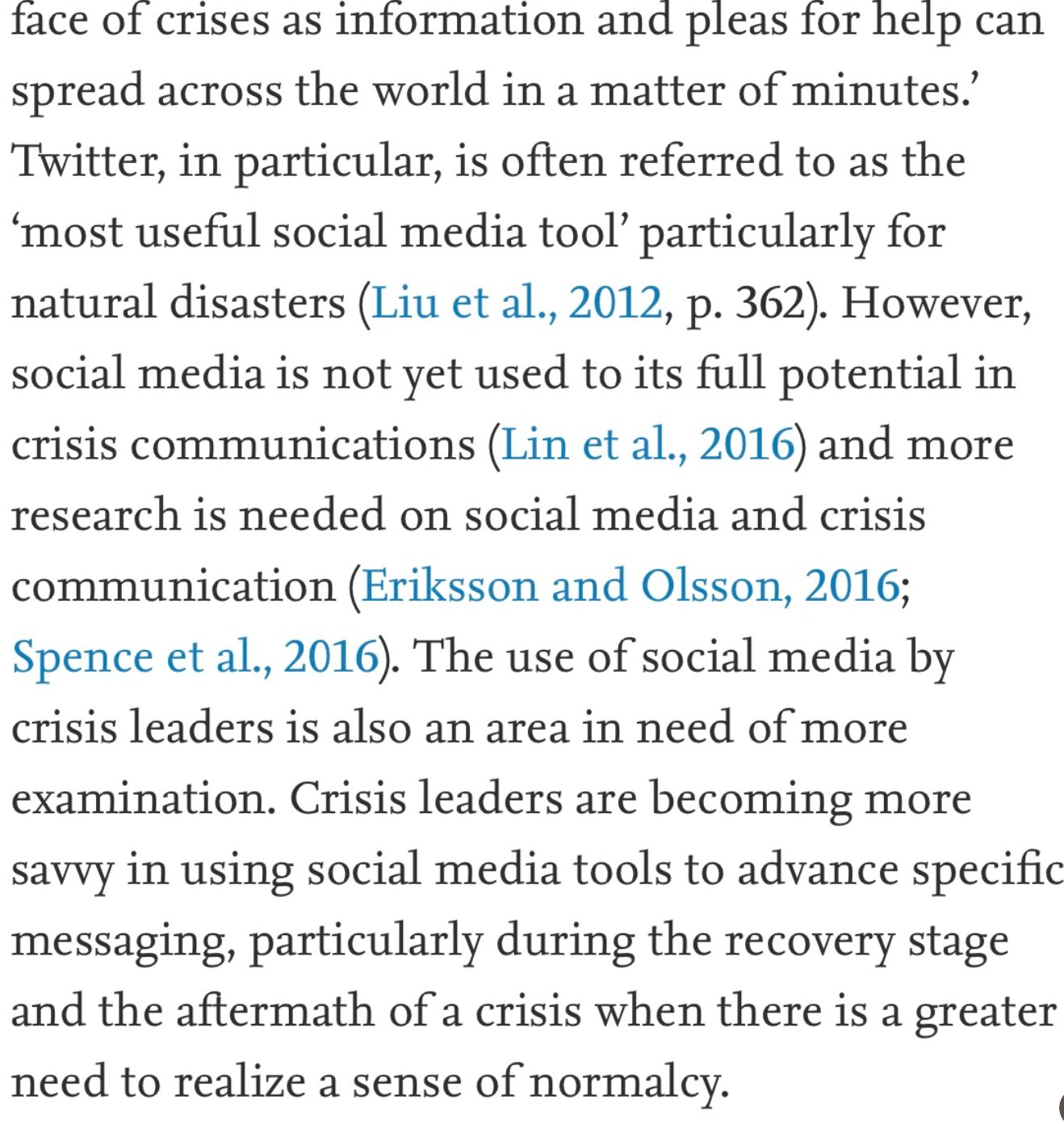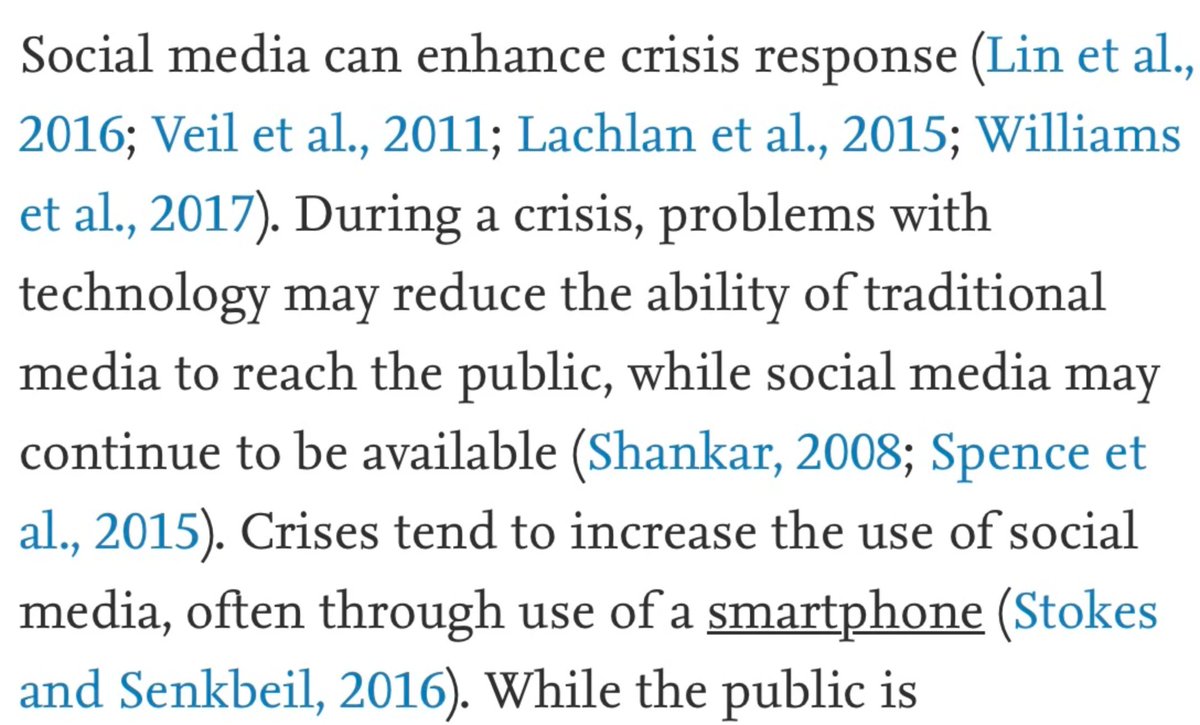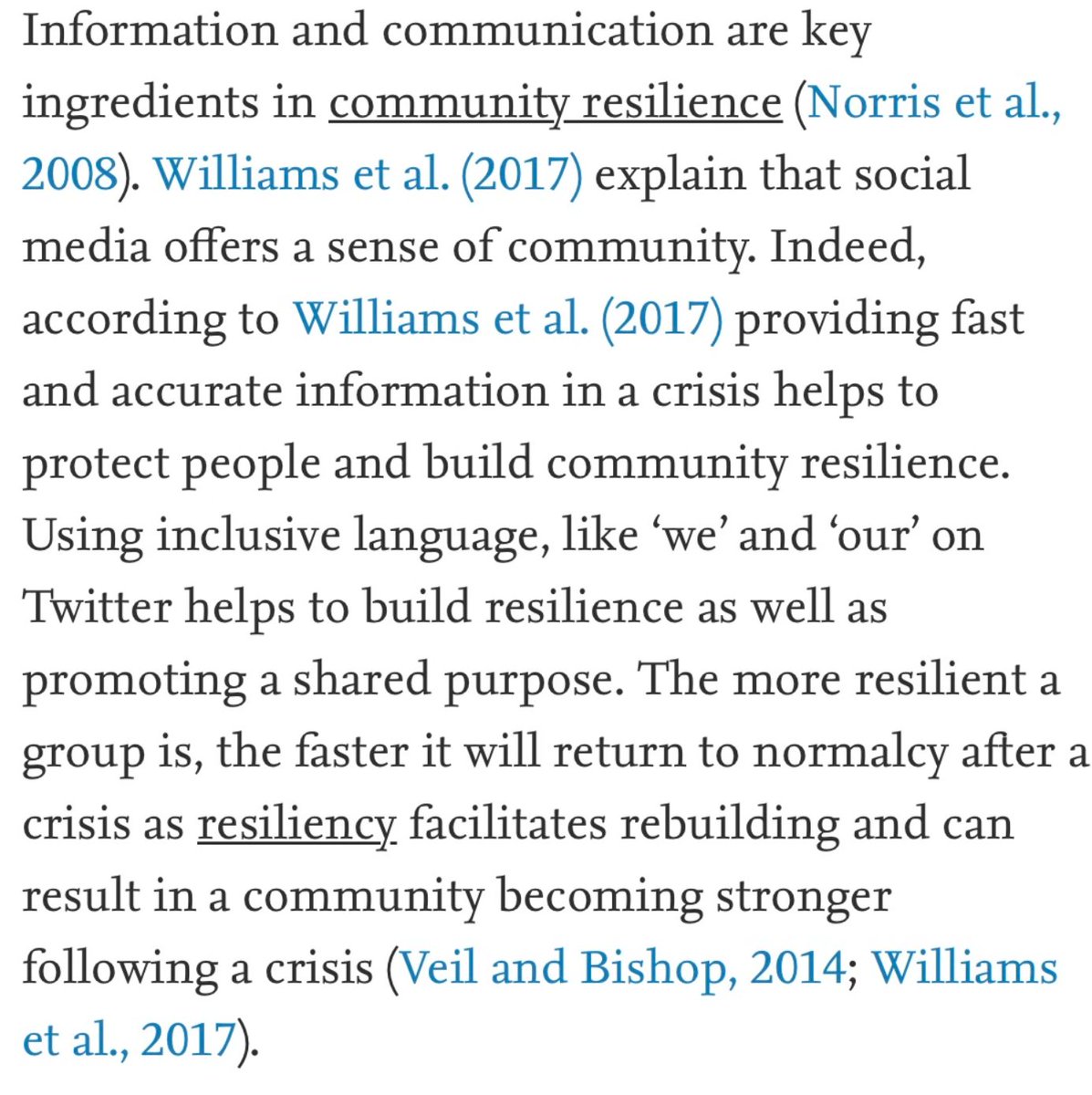Sam Greene is professor in Russian politics and Director of the Russia Institute at King’s College London. Prior to moving to London in 2012 to join King’s, he lived and worked in Moscow for 13 years, most recently as director of the Centre for the Study of New Media & Society at the New Economic School, and as deputy director of the Carnegie Moscow Center. He holds a PhD in political sociology from the London School of Economics & Political Science.
When Putin announced the mobilization of 300k reservists — and maybe 1.2 mln — many began asking how long it would take for Russians to rise up in resistance. What Twitter and the commentariat want to know now is why that resistance hasn't come.
A very, very long 🧵.
For the full text -- plus links, minus cacophony -- see TL;DRussia (and subscribe for free!)
tldrussia.substack.com/p/why-arent-ru…
Why aren't Russians protesting (more)?
It's time to challenge some myths about Russian politics
https://tldrussia.substack.com/p/why-arent-russians-protesting-more
Russians, of course, are protesting. The pictures are there for all to see, as are the arrests (2,398 and counting at the time I wrote this). But the point is nonetheless taken: we are not seeing anything approaching a mass mobilization against Putin’s mass mobilization.
For many commentators, it was damning enough that Russians in their hundreds of thousands did not come out to oppose the war in February and March — evidence, it seemed, that the majority of Russians did in fact support Putin’s invasion of Ukraine.
The fact that more people are not coming out even in defense of Russians’ own lives would thus seem proof positive that the bulk of the population backs the Kremlin and its bloodshed.
In making this argument, it has become popular to compare the small scale of the protests in Moscow, St. Petersburg and dozens of other cities to the much larger protests that brought down regimes in Kyiv in 2004-5 and 2014, and nearly brought down a regime in Minsk in 2020.
This, certainly, is true: when tens of thousands and even a hundred thousand opposition protesters took the streets in Moscow, I could only call the gatherings “large” if we added “by Russian standards”, casting a wary eye to my Ukrainian friends, smirking in the corner.
One common objection to these comparisons is that Ukrainians and even Belarusians didn’t face the level of repression that Russians do — and have, for years now.
There is, of course, some truth to this. Ukraine at the time of the Euromaidan had some 172,000 police officers, or about 390 per 100,000 population; Belarus at the time of the 2020 uprising had about 46,000 police, or some 490 per 100,000.
Russia has approximately 1,000,000 police officers, or 695 per 100,000 population — and that’s not including the Rosgvardia riot police, the prison service, and the border guards, and various other security services.
That, though, is not a satisfactory explanation. Regardless of the size of the police, Ukrainian and Belarusian protesters faced real violence, and still they mobilized. Look at Iran right now, or at Egypt in 2011, where repression was brutal and yet the streets kept coming.
(In fact, the streets in some cases kept coming because of the violence, but that’s another story.) In other words, we still need an explanation for why Ukrainians and Belarusians and others can mobilize in the face of violence, and Russians, seemingly, cannot.
Repression, of course, need not be violent to be effective. For all of the faults of the Kuchma and Yanukovych governments, they never exercised the degree of control over politics, media and civil society that Putin built since his very first days as president.
Living in an a tightly controlled environment makes organization and coordination harder, and the Kremlin has spent decades disrupting the kind of horizontal institution-building that can give people reliable networks of trust and solidarity before the first shots are fired.
Add to that the distances involved in a place like Russia, and the propensity of the state both to interdict physical travel and to surveil electronic communication, and mobilizing at anything other than the local level becomes very difficult indeed.
And yet even that isn’t a satisfactory answer. Lukashenka has done at least as much to undermine civil society as Putin. Look at Iran again, where the geographical and infrastructural challenges can also be formidable. Yes, this makes mobilization harder, but not impossible.
.@oonuch draws attention to the importance of what she calls “cross-cleavage coalitions” — protest groups that span the divides that pertain to common politics, such as class, geography, ethnicity, religion, and so on.
Ukraine and Belarus had them, she points out, Russia does not. And that gets us some distance to an explanation, but not all of the way there.
Most importantly, it leaves open the question of why Russia doesn’t have a cross-cleavage coalition for political change, or even for just stopping the military draft.
If we look at the pictures from the protests and from the borders where men of all stripes are fleeing the country, it’s abundantly clear that anti-draft sentiment (if not anti-war sentiment) does in fact stretch across most of the salient dividing lines in Russian politics.
And yet we are not — or not yet, at least — seeing a viable protest coalition.
Some commentators will be tempted — indeed, many commentators are tempted — to answer that question with generalizations about Russians and Russian politics, most of which come down to fatalistic explanations for what is generally understood to be Russian passivity.
Russians are argued to be passive because they are culturally adapted to authoritarianism, because they have low levels of trust, because they are cognitively unaware of their own potential political agency.
The problem with these arguments is that Russians aren't passive.
I have spent the past 20 years studying the ways in which Russian citizens resist the state, rand the reality is plain: Russians can resist the state, they not infrequently do resist the state, and when they do, the state usually backs down.
Russian citizens have spent most of the past 30 years (or more) growing increasingly distant from their state — though it might be more accurate to say that their state has been growing more and more distant from them.
The end of the USSR and the reforms of the 1990s brought about the wholesale withdrawal of the Russian state from the lives of its citizens, ranging from the removal of ideological restrictions, to the dismantling of a cradle-to-grave welfare state.
What remained of the state became heavily predatory, using its position and remaining regulatory powers to extract money and leverage from the citizenry and the economy.
Russian citizens have responded to this, broadly speaking, in two ways. One was to develop an increasing understanding of power as something local, not in the geographical sense, but in the social one.
muse.jhu.edu/article/725993…
https://muse.jhu.edu/article/725993/summary
The real power to create beneficial outcomes for an individual’s prosperity and security is understood not to rest in the distant and abstract institutions of the state or the practices of formal politics, but in resources much closer to hand.
In relationships with people you can reach out and touch, in a deep knowledge of how things work within the context of your life, and in the coping mechanisms that allow you, as an individual, to succeed.
The second response has been what I call aggressive immobility — the firm and purposeful defense of all of that individualized, localized power, and the coping mechanisms through which that power flows.
In an article in Post-Soviet Affairs, I showed the myriad ways in which Russians have time and again stymied the power of the state, forcing it to reverse course on education reform, housing reform, and regional policy.
tandfonline.com/doi/abs/10.108…
Running to stand still: aggressive immobility and the limits of power in Russia
The common conception of Russian politics as an elite game of rent-seeking and autocratic management masks a great deal of ‘mundane’ policymaking, and few areas of social and economic activity have...
https://www.tandfonline.com/doi/abs/10.1080/1060586X.2018.1500095
Had I written that article two years later, I could have included the remarkable (if tragic) resistance that Russians put up to the state’s attempts at Covid-19 restrictions, which entirely upended the government’s pandemic response.
Russian citizens, then, are not generally passive in the face of threats to their livelihoods, their security, their personal freedom or even their general quality of life.
And they are particularly likely to mobilize against any encroachment on the coping mechanisms that allow them to create at least a modicum of prosperity and security for themselves and their families in the confines of a predatory and fundamentally unpredictable state.
And while aggressive immobility often gives rise to individual resistance, it does frequently turn into collective action.
Despite what the commentariat might believe, the difference between a cause that provokes individual resistance and one that provokes collective resistance is not the moral significance of the regime’s infraction, but the way in which that infraction is structured.
As I showed in my first book, we can expect a collective response when the state’s intervention is concerted and coherent — if it affects people as a group, in more or less the same way and at more or less the same time.
sup.org/books/title/?i…
Moscow in Movement: Power and Opposition in Putin's Russia | Samuel A. Greene
Moscow in Movement is the first exhaustive study of social movements, protest, and the state-society relationship in Vladimir Putin's Russia. Beginning in 2005 and running through the summer of 2013, …
https://www.sup.org/books/title/?id=24089
This is, of course, a matter of perception: an attack on a single individual can be perceived as an attack on a group and provoke a response, while a policy aimed at a group may be enforced haphazardly enough that people see it as an individual problem, not a group one.
See the powerful response to the arrest of Ivan Golunov, and the lack of any organized response to the repressive 'Foreign Agents' law. Nonetheless, the general principle stands.
Because resistance is not a one-off affair — I like to see it as a kind of dance, in which the state makes the first move, society responds, and so on — successful mobilization also requires a coherent response from the state to the challenge thrown up by citizens.
If the state responds by repressing resisters as a group, those resisters will coalesce, generating solidarity and strengthening their sense of common cause
If, by contrast, the state’s response is incoherent, allowing some people to get what they want while others are repressed, people are more likely to seek individualized solutions to the problem.
So, how does Putin’s “partial mobilization” stack up against these thresholds? Very clearly, the military call-up is a transgression against many Russians’ sense of security and wellbeing.
Every single person who has left the country or headed for the border is performing an act of individual resistance. So is anyone who is trying to get a medical, educational or professional exemption.
It is early days, but the level of individual resistance is reminiscent of the fight Russians put up against Covid-19 restrictions and may, in and of itself, be enough to sabotage Putin’s draft.
We are also seeing the beginnings of collective resistance, most clearly in protests around the country — but also in organized efforts to help people avoid the draft and, if need be, to get out of the country.
On a national level, informal coalitions of civil society groups, media outlets and individual activists have banded together to provide guidance and material support.
Similar things appear to be happening on a local level, in towns and villages, universities, enterprises and professional communities.
This collective response is happening because the draft is concerted and coherent: as a policy, it is clearly targeted at a large group of people, rather than at individuals as individuals, and it affects them in the same way and at the same time.
Whether that collective response turns into a powerful protest movement depends on what the state does next.
If people — individually or in small groups — are allowed to carve out exceptions for themselves, the powerful incentive will be for people to stick to their “localized” power, and to defend themselves as individuals.
If, however, the state decides that it cannot allow such exceptions (and especially if the draft balloons to 1.2 million), it will demonstrate the limits of “localized” power, and the result will almost certainly be nationwide protest and a direct challenge to the regime.
The evidence at the moment is mixed. Russia appears to be conducting this “partial mobilization” the way it conducts most things: poorly.
Absent a strong, efficient bureaucracy, mid- and low-level officials are left to their own devices to deliver what they believe the Kremlin wants. The result has been a predictable mix of over-reach and pull-backs.
Officials in places from the North Caucasus to Siberia have opted to over-fill the plan by drafting anyone and everyone, while others — from Chechen leader Ramzan Kadyrov to Yakutia Governor Aisen Nikolaev — have set themselves up as defenders of their local populations.
Twitter and Telegram abound with stories of high-profile public figures freeing their friends and relatives from the clutches of the military.
I’m not one for political fortune-telling — uprisings and revolutions are even more unpredictable than wars — but the future is nonetheless subject to patterns of cause and effect. Uprisings happen because regimes provoke them.
If the Kremlin orders the military to tighten things up, the impact of the draft on Russian citizens will become more concerted and coherent, increasing the breadth of resistance.
If the Kremlin gives the order to the coercive apparatus to enforce the draft, patterns of collective response will harden, and that resistance will deepen.
The regime has opened the dance, society has responded. What happens next depends on Putin.
/END






















